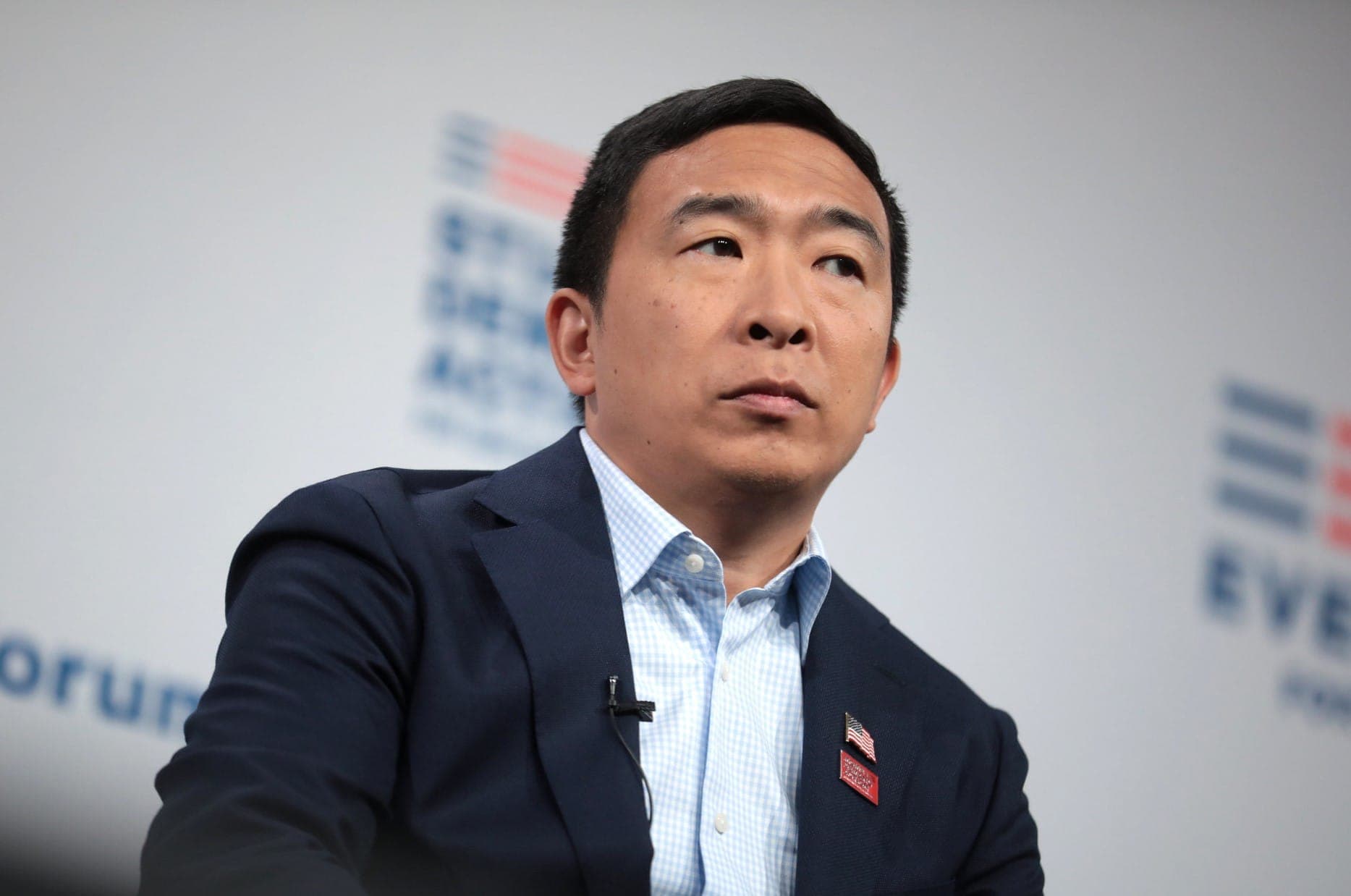OpenSecrets Reports More than $417 Million Raised for 2024 Ballot Measures

Photo by Vladimir Solomianyi on Unsplash
Voters have much to consider in the 2024 election cycle, but for most citizens it is not just who will be the next president or their next senator or representative -- there are also ballot measures that may have a greater impact on their lives.
Combined, there are 159 statewide ballot measures in 41 states that cover a wide range of issues, from abortion rights to marijuana, affordable housing, marijuana legalization, as well as voting rights and election reform.
According to OpenSecrets, a go-to source for campaign finance information in the US, over $417 million has been raised for or against a handful of these ballot measure races.
The most expensive race, for example, is Florida's Measure 3, which would legalize recreational marijuana use for adults 21 years of age or older. More than $125 million has been pumped into the election.
In other words, nearly a third of the money raised for all 2024 ballot proposals combined has gone to a single measure. It is even more than the $122 million spent on 10 statewide ballot measures that pertain to abortion rights.
Millions Spent to Give or Deny Voters Equal Voting Rights
The voting rights of millions of voters are on the ballot in several states across the US. Two measures, in particular, made the top 10 list for most money spent in the 2024 cycle: Proposition 131 in Colorado and Ballot Measure 2 in Alaska.
Proposition 131 would end taxpayer-funded party primaries and replace them with a single primary open to all voters and candidates, regardless of party. The top four vote-getters in each race then move on to the general election.
Additionally, ranked choice voting would be used in the general election to determine a majority winner among the top four candidates.
This nonpartisan election system is in place in Alaska, but Ballot Measure 2 seeks to go back to a system of party primaries that would deny most voters in the state a meaningful say in who represents them.
Prior to its voter approved Top Four system, Alaska used closed primaries that restricted participation to party members only even though 60% of the electorate is registered unaffiliated of a political party.
According to OpenSecrets, $15.61 million has been spent on Proposition 131 in Colorado, with much of that amount going in favor of the measure. Likewise, much of the $13.46 million spent on Measure 2 in Alaska has been to protect reform in the state.
This does not include the total raised in both states -- which is even more than the amount spent.
While supporters of Measure 2 point to out-of-state funding to uphold the state's Top 4 system, the same cannot be said of Proposition 131, as the biggest spenders are from and/or based in Colorado.
A political action committee for the nonpartisan election reform group, Unite America, has contributed the most in favor of the measure -- spending approximately $5.7 million. Unite America is based in Denver.
Then, there is Kent Thiry -- the sponsor of Proposition 131 -- who put up more than $2.4 million. Thiry has been at the center of many proposals to change the way elections are conducted in the state.
Further data from Unite America shows that the biggest spenders aren't always in favor of reform. In fact, the major parties are putting up a lot of money to maintain control over elections in Nevada and Montana.
According to numbers sent to IVN, the Democratic Party and its allies in Nevada have spent about $2 million to oppose Question 3. The measure, approved by voters in 2022, would implement a Top 5 nonpartisan election system.
Meanwhile, the Republican Party and its allies have spent around $3 million to oppose similar efforts in Montana -- resources they've had to redirect from their efforts to unseat US Sen. Jon Tester.
It comes as no surprise considering what is at stake: One side is fighting for equal access to elections for all voters and candidates, as well as giving voters more choice, while the other side fights to cling to its control over elections.
A Drop in the Bucket Compared to Other Initiatives
Even with millions spent for and against more choice elections, it doesn't come close to comparing to other hot-button issues across the nation, like marijuana legalization in Florida.
There is also Proposition 33 in California, which would give local governments the authority to enact rent control. The spending on the measure has exceeded $100 million.
Notably, most ballot measures up for consideration have attracted no funding. OpenSecrets found that as of October 28, at least 97 initiatives in 2024 have zero dollars reported for or against them.
 Shawn Griffiths
Shawn Griffiths






